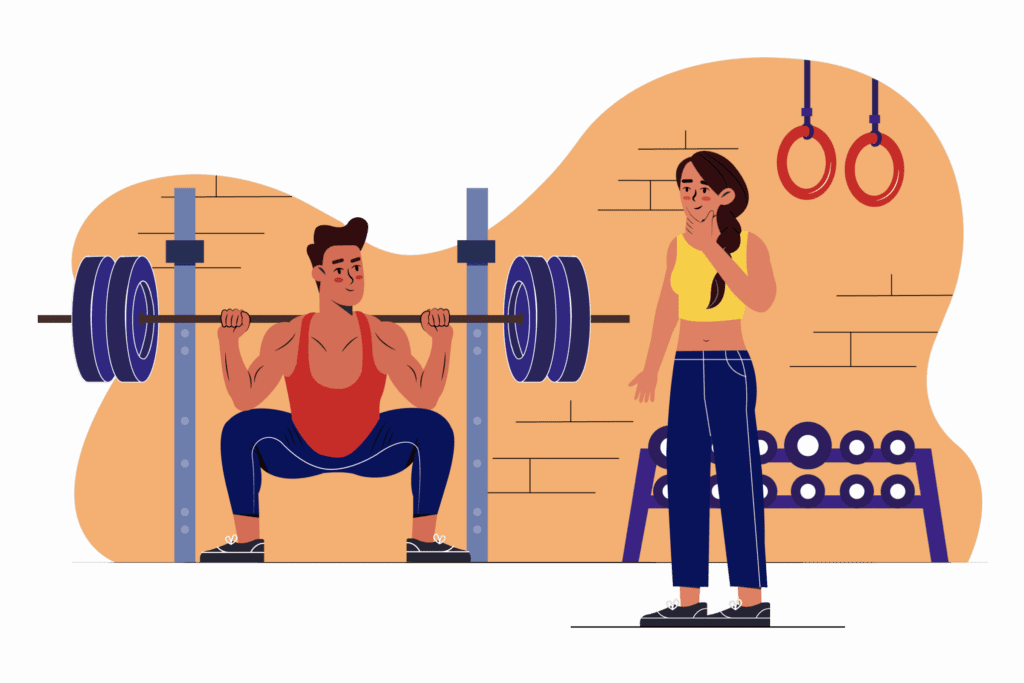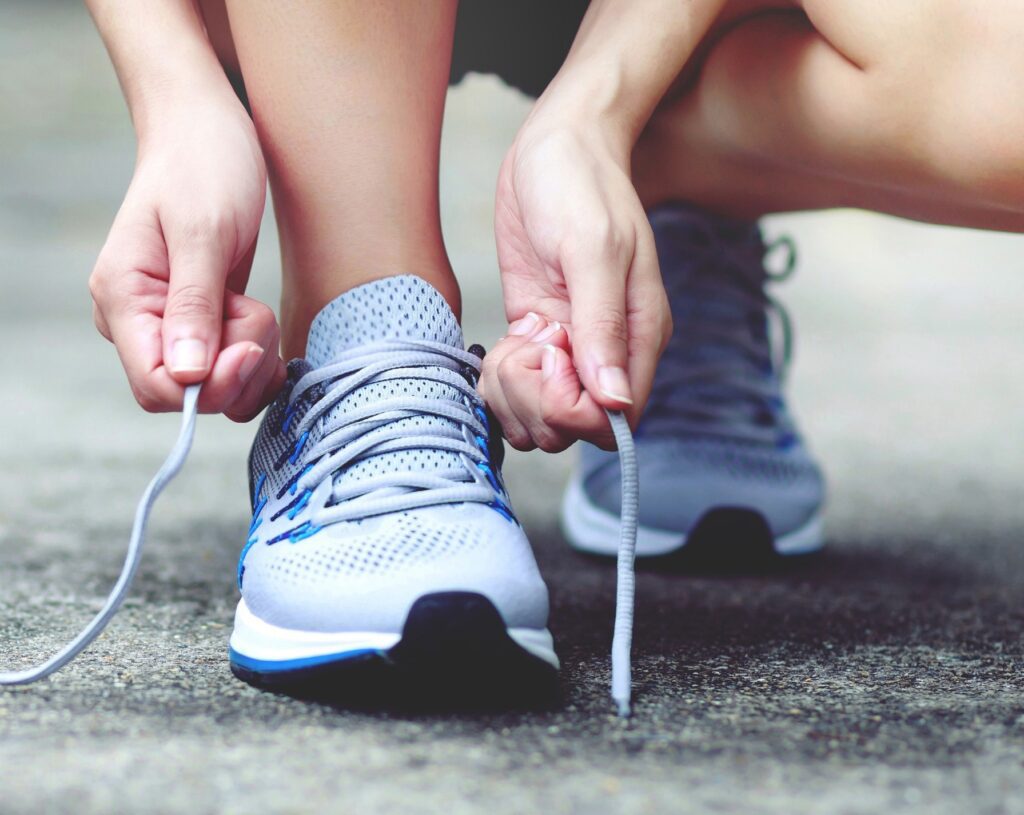Exercising as you age

As quality of life improves and life spans increase, people are continuing to be physically active for longer. Middle to older aged people are continuing to exercise and play sports they were involved in when younger and some people are beginning new activities altogether.
Some of these activities include everyday exercise such as running, cycling and swimming but also include extreme sports such as snowboarding and mountain climbing. In the United States, orthopaedic surgeons report a dramatic increase in ‘Baby Boomer’ referrals with exercise related injuries and have dubbed the phenomenon ‘Boomeritis’. As your body gets older it doesn’t work as fast or efficiently as it used to. It is normal to feel that you are slowing down. In fact, there is a clear correlation between age and performance loss. For example, it has been found that the world record for the 100 metre sprint decreases at 0.5 metres/second/year and VO2max (a measure of your aerobic capacity), will decrease at around 10% per decade. Importantly however, people continuing with fitness training have a VO2 max decline of only half the rate of a more sedentary person.

It is important to continue exercising as you get older to maintain flexibility, strength and wellbeing but you need to be a little more careful how you go about it. Your musculoskeletal and nervous systems are not as resilient as you age and it will take a little longer to recover from strenuous activity.
- Get a doctors check before beginning an exercise program to ensure that your cardiovascular system is healthy and to check over any previous injuries.
- Don’t do the same exercise every day. Mix it up. Combine cardio (running, cross-training, cycling, swimming) with a good amount of resistance training every week.
- Make sure you stretch before and after exercise, with a warm up and cool down period of at least 5 minutes. One of our therapists can help you with a customised exercise or rehabilitation program.
- Feed your body. Eat well with a good daily intake of calcium and vitamin D for healthy muscles and bones. Supplements can sometimes be required.
- Sleep well. Aiming for 7-8 hours of quality sleep per night is usually recommended, and females may require more than this. Your body adapts to stress and rebuilds best during your deeper REM sleep cycles.
- Give yourself a couple days of rest after any particularly intense exercise sessions, especially if it is a new exercise/routine. Get professional advice on technique and programming if you are just starting out.